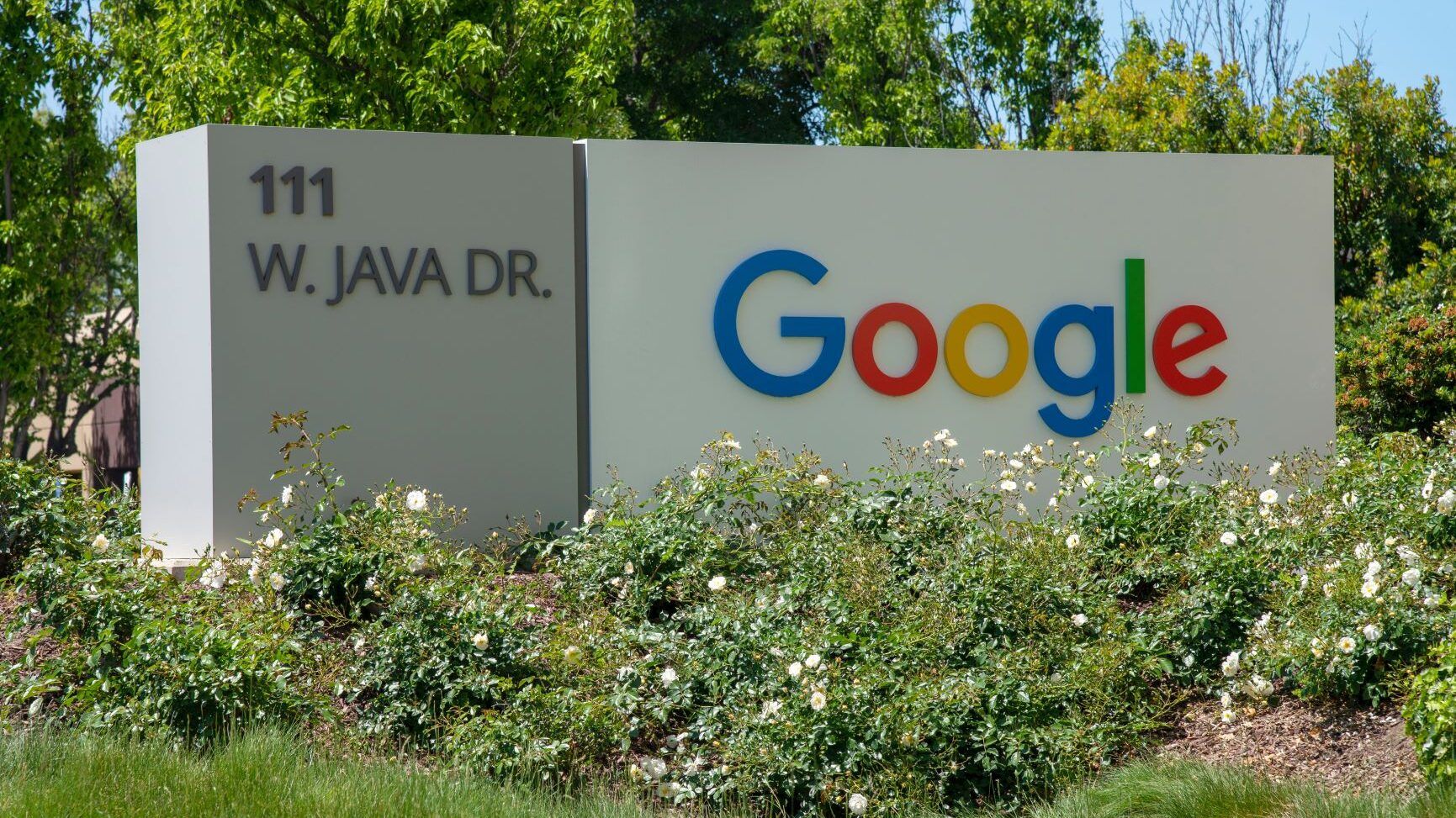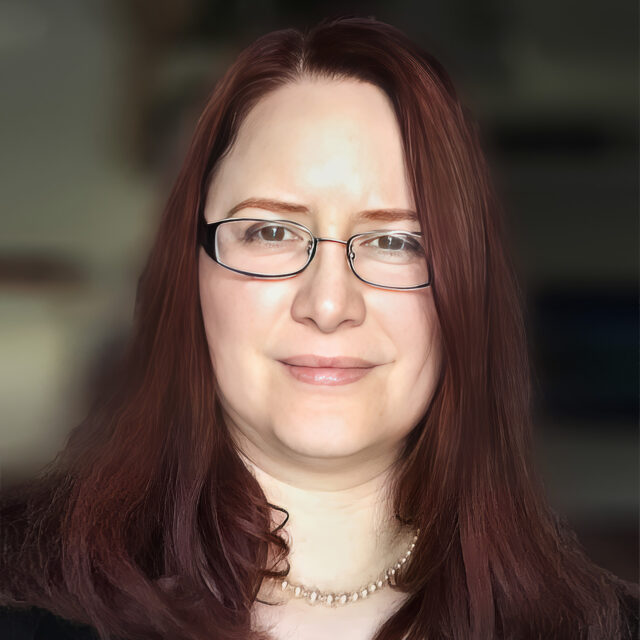
A prolonged legal battle between software behemoths Google and Oracle has, at long last, reached a conclusion. The US Supreme Court ruled in early April that Google did not infringe on Oracle’s copyright for the Java API when developing the Android operating system. The case put an end to a legal dispute that lasted over a decade and could have cost Google as much as $9 billion in damages.
Details of the Case
In 2010, Oracle – fresh off the purchase of Sun Microsystems, the previous owner of Java technology – sued Google over its use of over 11,000 lines of Java API code in their Android operating system, which is now the foundational OS for “more than two billion mobile devices worldwide.” Using Java allowed Android developers “to easily access a library of pre-existing and pre-written Java code for certain complex computing functions. Without this access, Java developers would be forced to write original code from scratch to perform the same functions.”
Intrinsic to the case were two questions: if the Java code was entitled to copyright protection in light of the Copyright Act’s inclusion of computer programs as copyrightable material, and its prohibition on protection for ‘processes’ and ‘methods of operation’; and, if Google’s use of that code was allowable under fair use. Reuse of software interfaces “is common within the field of software engineering and development,” explains the National Law Review, “but the question as to what extent code can be copied, particularly API code, was… unanswered.”
The case endured a series of twists and turns over the ensuing decade. First, in May 2012, “Judge William Alsup of the Northern District of California ruled that APIs are not subject to copyright” – a decision applauded by developers and organizations like the Electronic Frontier Foundation for disallowing Oracle from owning elements that are, in the EFF’s words, “the basis for so much of the innovation and collaboration we all rely on today.” Then in 2014, following appeal from Oracle, the Federal Circuit of the US Court of Appeals ruled that its APIs were copyrightable. After additional back-and-forth between the sides, November 2019 saw the Supreme Court grant Google’s petition to hear the case.
The Supreme Court’s Decision
In a 6-2 decision (minus Justice Amy Coney Barrett, who was not present for initial arguments in October 2020), Justice Stephen Breyer wrote that “to allow enforcement of Oracle’s copyright here would risk harm to the public” by stymying creativity and innovation – an argument echoed by developers, who believed that “a victory for Oracle would give API owners lock-in power over developers once they chose their stack.”
Breyer and his five counterparts acknowledged that [an API’s] value in significant part derives from the value that those who do not hold copyrights, namely, computer programmers… [who] invest of their own time and effort to learn the API’s system.” Ultimately, they believed that while “the result could well prove highly profitable to Oracle (or other firms holding a copyright in computer interfaces)… those profits could well flow from creative improvements, new applications, and new uses developed by users who have learned to work with that interface. To that extent, the lock would interfere with, not further, copyright’s basic creativity objectives.”
The Consequences of the Ruling
While Google was pleased to emerge without a lighter wallet, Oracle was decidedly less enthused with the decision. In a statement, their general counsel alleged that Google “stole Java and spent a decade litigating as only a monopolist can… [proving] why regulatory authorities around the world and in the United States are examining Google’s business practices.” The two dissenting justices (Clarence Thomas and Samuel Alito) stated that “the majority erred by not answering the question of ‘copyrightability’ and that the fair use factors actually favored Oracle.” By refusing to answer the question of whether the Java API was protected by copyright, they “distorted its fair use analysis and ultimately rendered the code as ‘less worthy of protection.’”
Programmers and developers, however, were undeniably pleased. The decision “essentially blessed what Google did because it took APIs and transformed the software into something new that can benefit all of us.” In their view, the ruling will allow them to compete at a level they might not have been able to if not protected by fair use.
Perhaps most important is what the case means when viewed beyond the positive and negative reactions to the decision. It is another data point in an ever-growing list that reinforces a truth of the modern world: old rules and models do not easily apply to new technology. Lawmakers and courts around the world are tasked with more responsibility than ever with determining how they fit.







